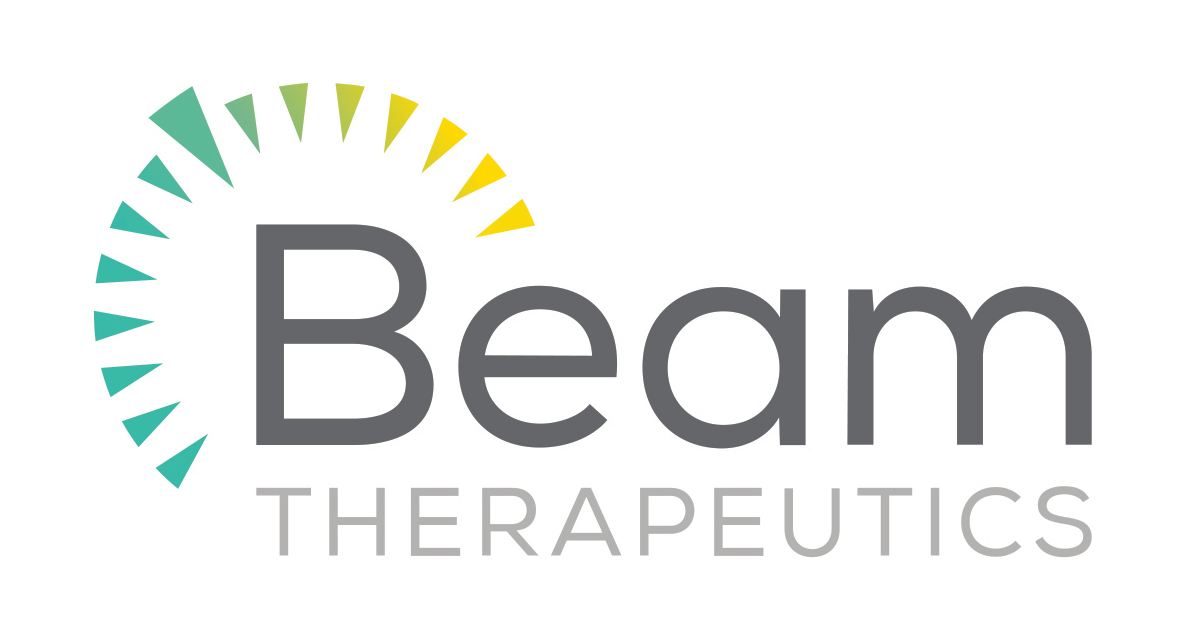On August 1, 2022, base editing company Beam Therapeutics announced that its IND application for BEAM-201 was suspended by the FDA. The FDA will provide more details on the decision within 30 days, and Beam promises to update as more details become available.
BEAM-201 is a quadruple base-edited CAR-T cell therapy targeting CD7 based on Cytosine Base Editor (CBE) developed by Beam Therapeutics, which is designed for allogeneic CAR-T cells. design.
In June this year, the therapy submitted to the FDA for the treatment of relapsed or refractory T-ALL (acute T lymphoblastic leukemia) and other CD7-positive malignancies. This is also the first CAR-T that has edited 4 genes at the same time. therapy.
In October 2017, the FDA approved the launch of the first CAR-T cell therapy. Humans have entered the era of cell therapy. CAR-T cell therapy has achieved good clinical results in blood cancers.
At present, several CAR-T cell therapies that have been marketed use autologous T cells from cancer patients. The advantage of autologous cell therapy is that it can function in the patient for a long time without causing rejection, but this method There are also many limitations. Autologous cell therapy takes a long time, some acute leukemia patients do not have enough time to wait, and many severe patients do not have enough T cells themselves for engineering.
Therefore, CAR-Ts constructed from T cells derived from healthy donors can avoid the above problems and potentially develop “off-the-shelf” CAR-T products. But this requires additional modifications to CAR-T cells to prevent graft-versus-host disease (GvHD) and the body’s rejection of CAR-T cells.
At present, many studies and some clinical trials have used CRISPR-Cas9 gene editing technology to construct allogeneic “spot type” CAR-T cells. But one issue that requires special attention is that CRISPR-Cas9 relies on DNA double-strand breaks (DSBs) for gene editing, which can lead to many unintended consequences that affect the “spot type” produced in this way Availability, safety, and approval of CAR-T.
On May 16, 2022, Beam Therapeutics, a base editing company, cooperated with the Children’s Hospital of Philadelphia, USA, and published a research paper entitled: Cytosine Base Editing Enables Quadruple-Edited Allogeneic CAR-T Cells for T-ALL in Blood, a top journal of hematology. .
This study used cytosine base editing (CBE) to construct a quadruple base-edited CAR-T cell against the CD7 target, 7CAR8, designed for allogeneic CAR-T cells. The therapeutic effect of 7CAR8 on relapsed or refractory T-ALL (acute T lymphoblastic leukemia) and other CD7-positive malignancies has been confirmed in preclinical animal models.
It is reported that this is also the first CAR-T therapy that has edited 4 genes at the same time. At present, this therapy has been submitted for IND application, and human clinical trials will be carried out in the second half of this year.









